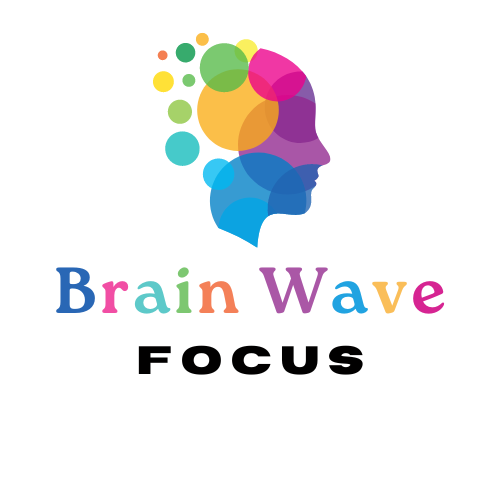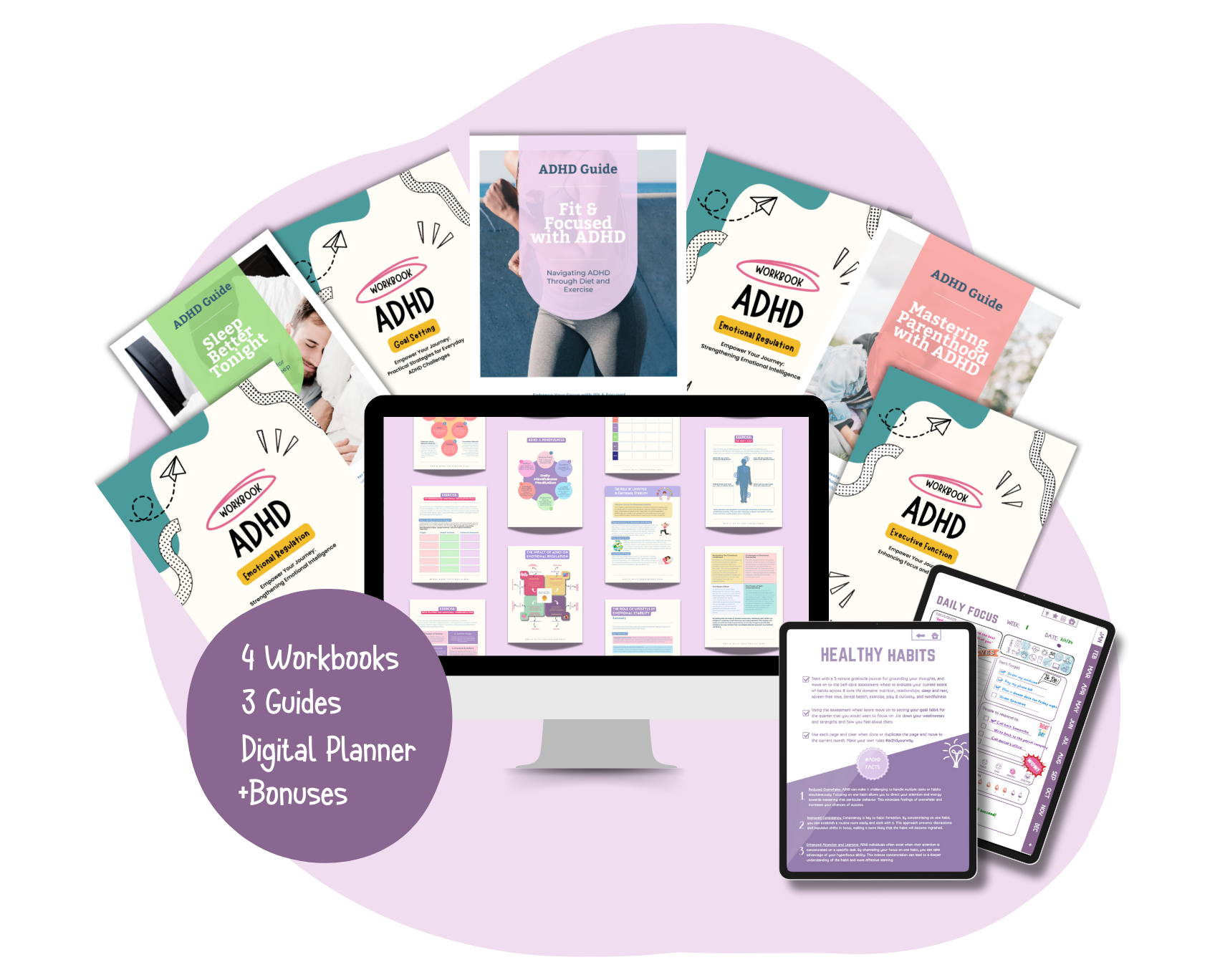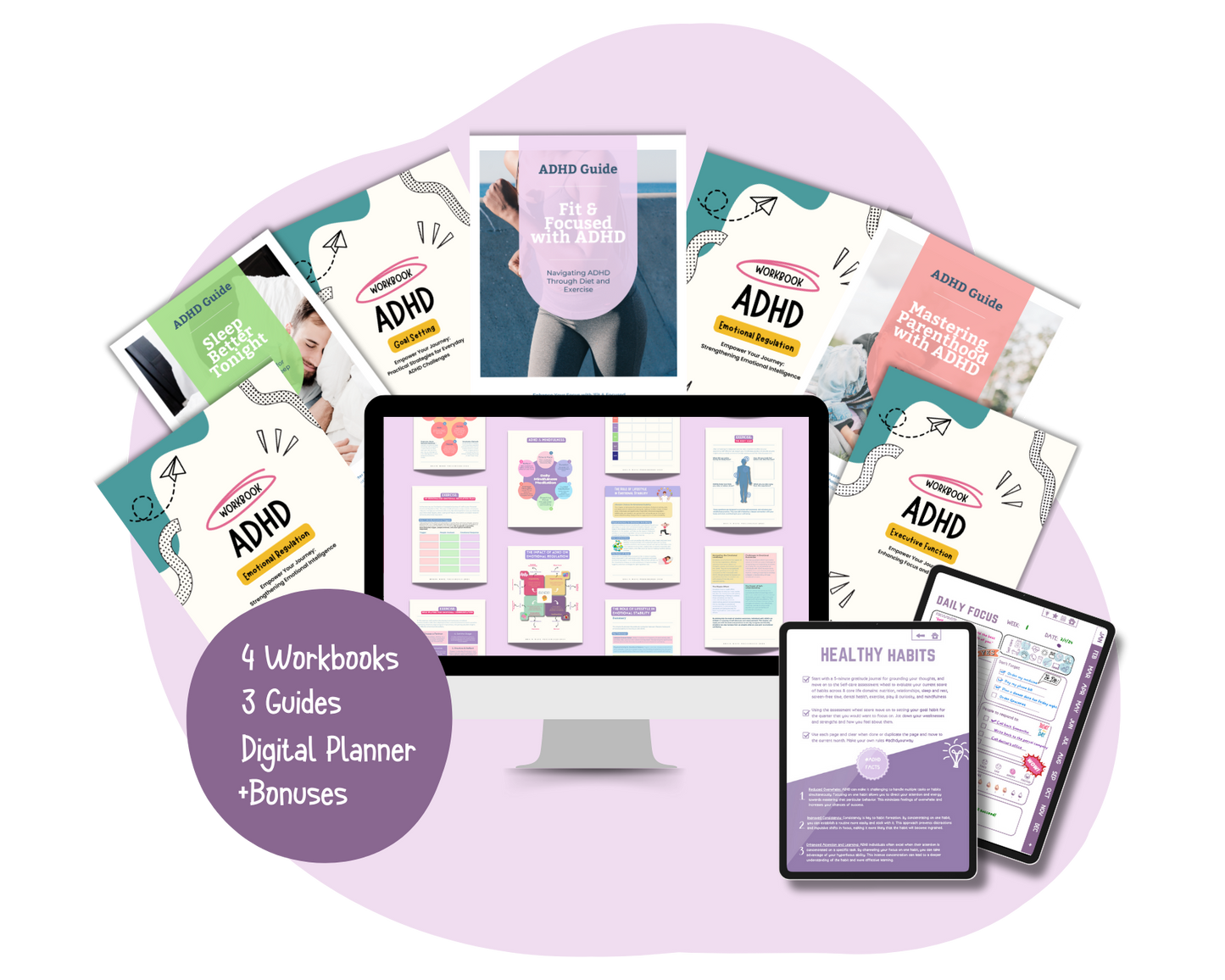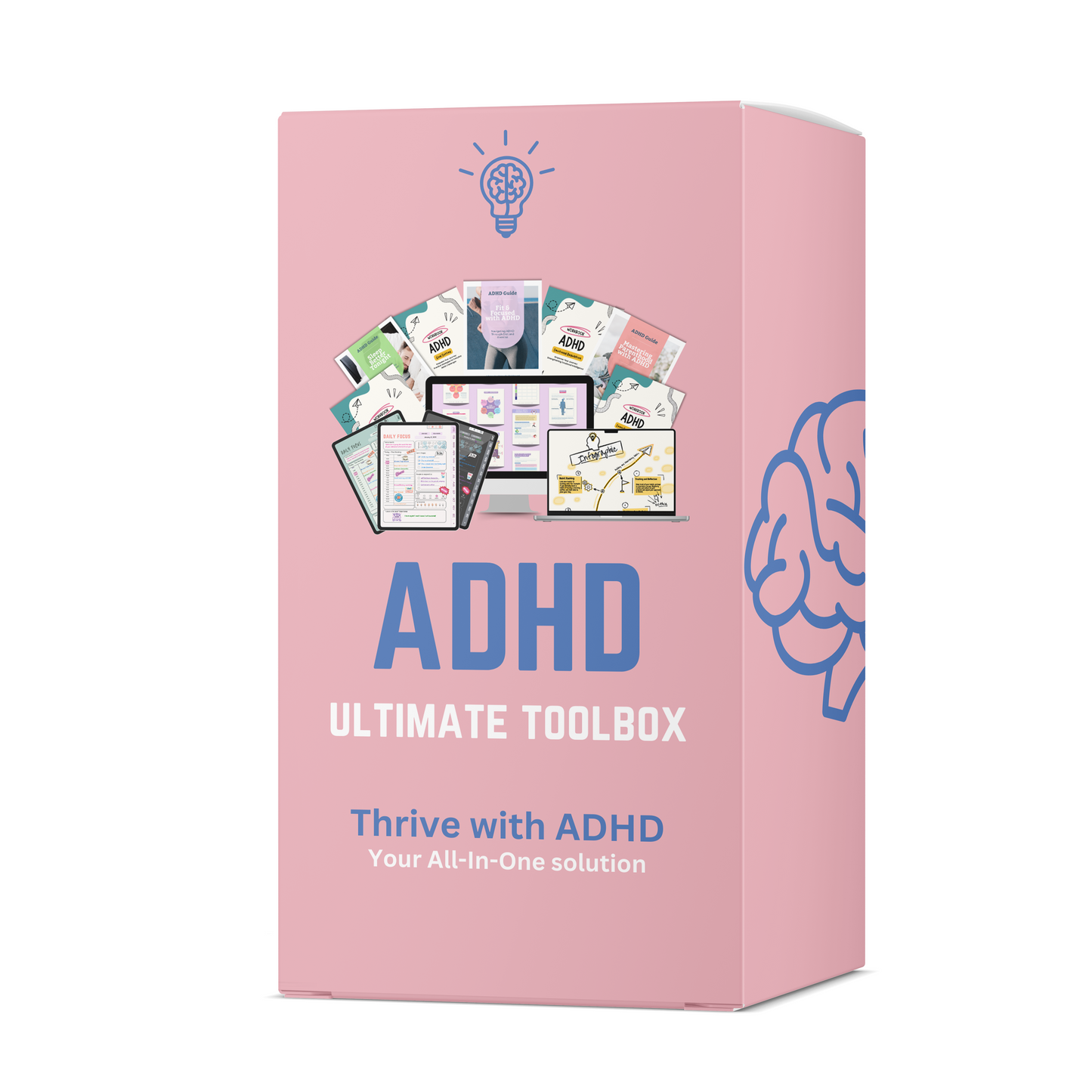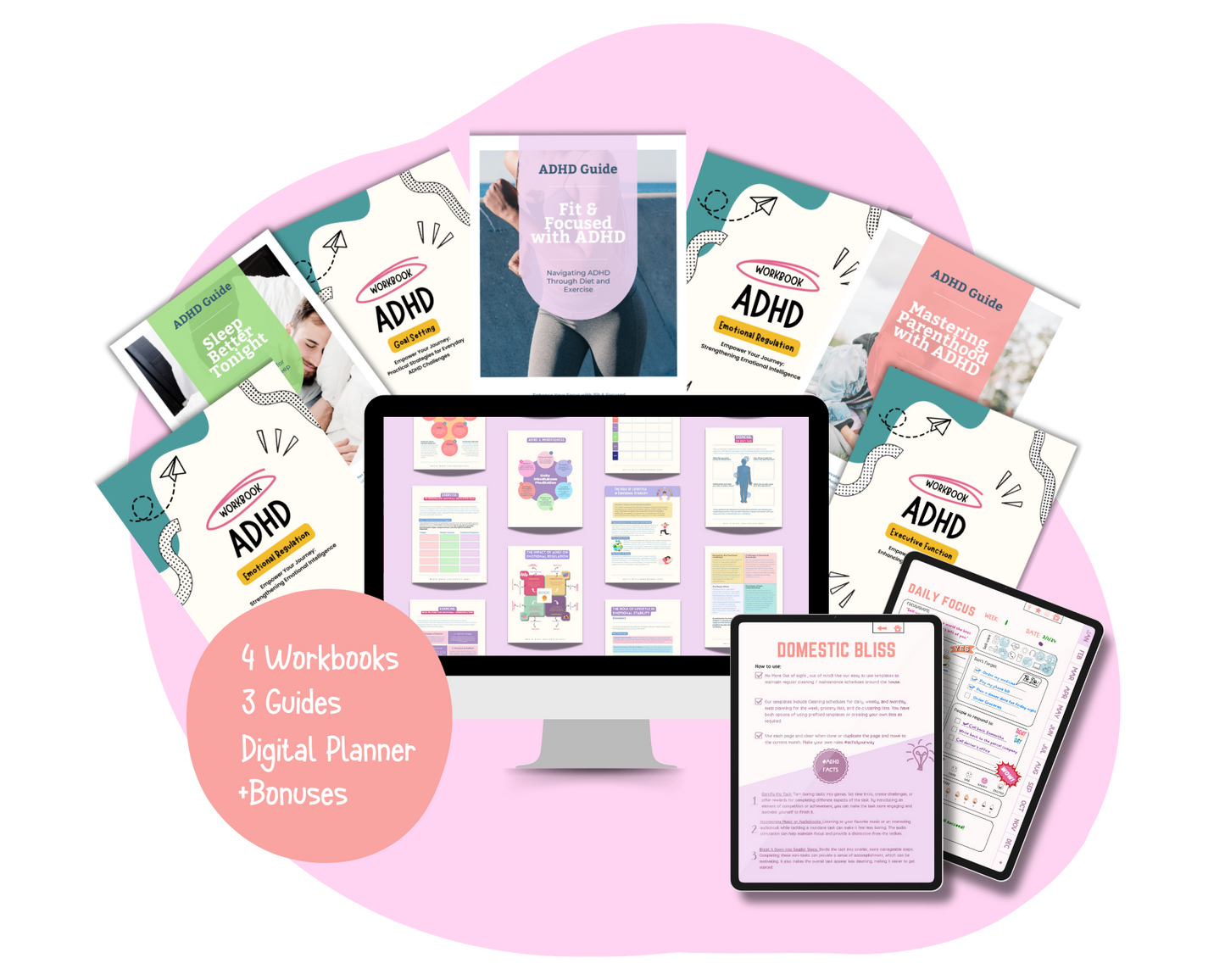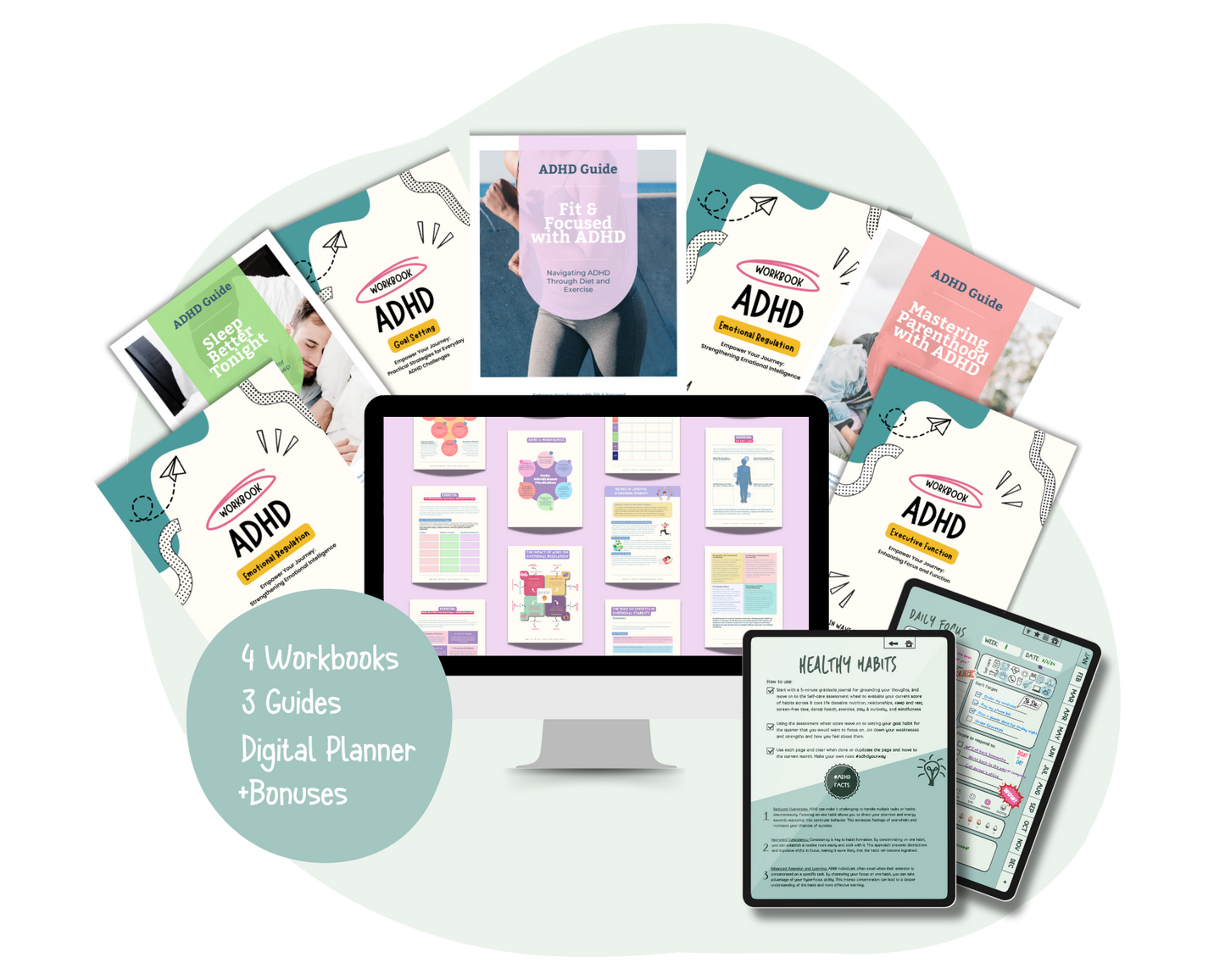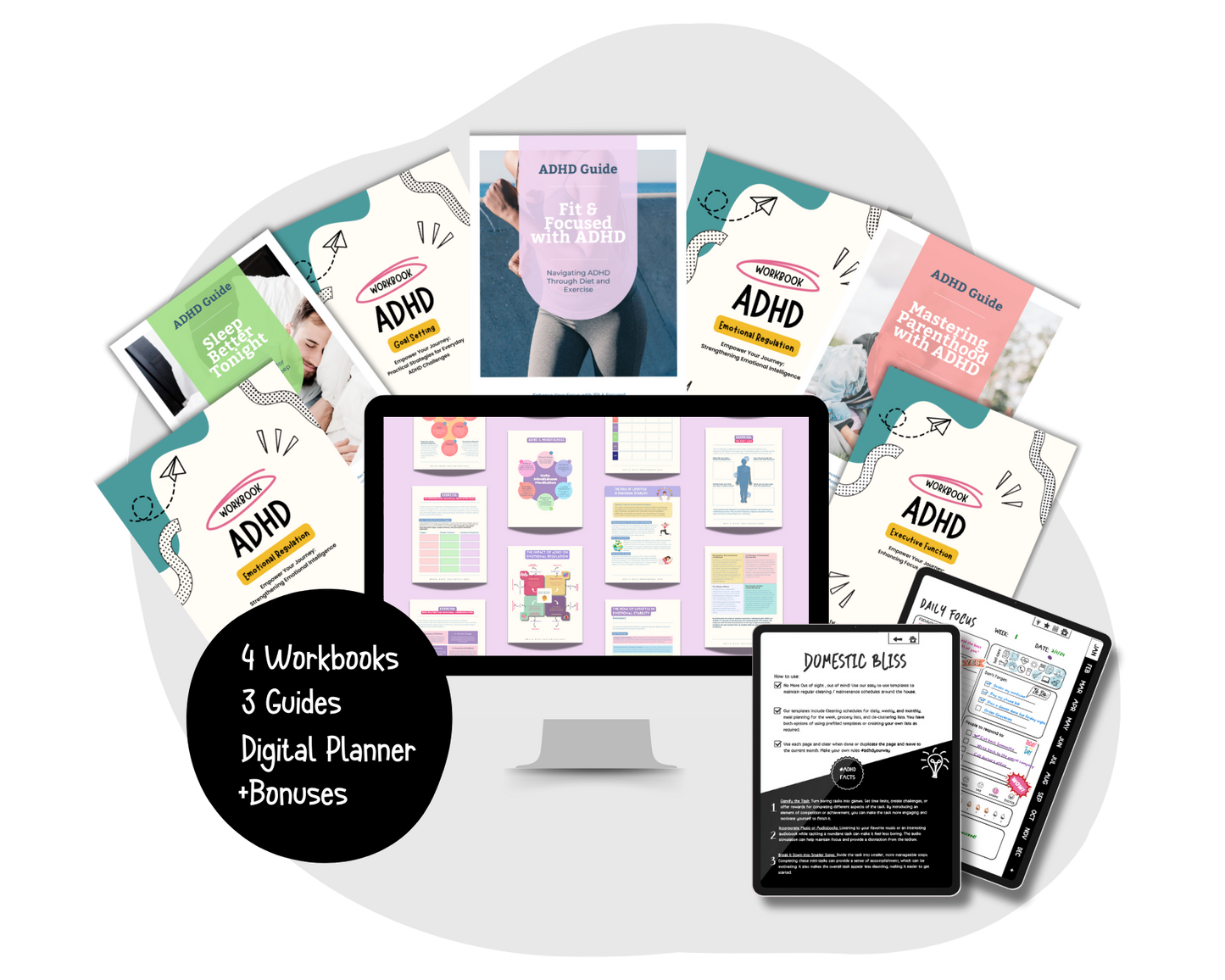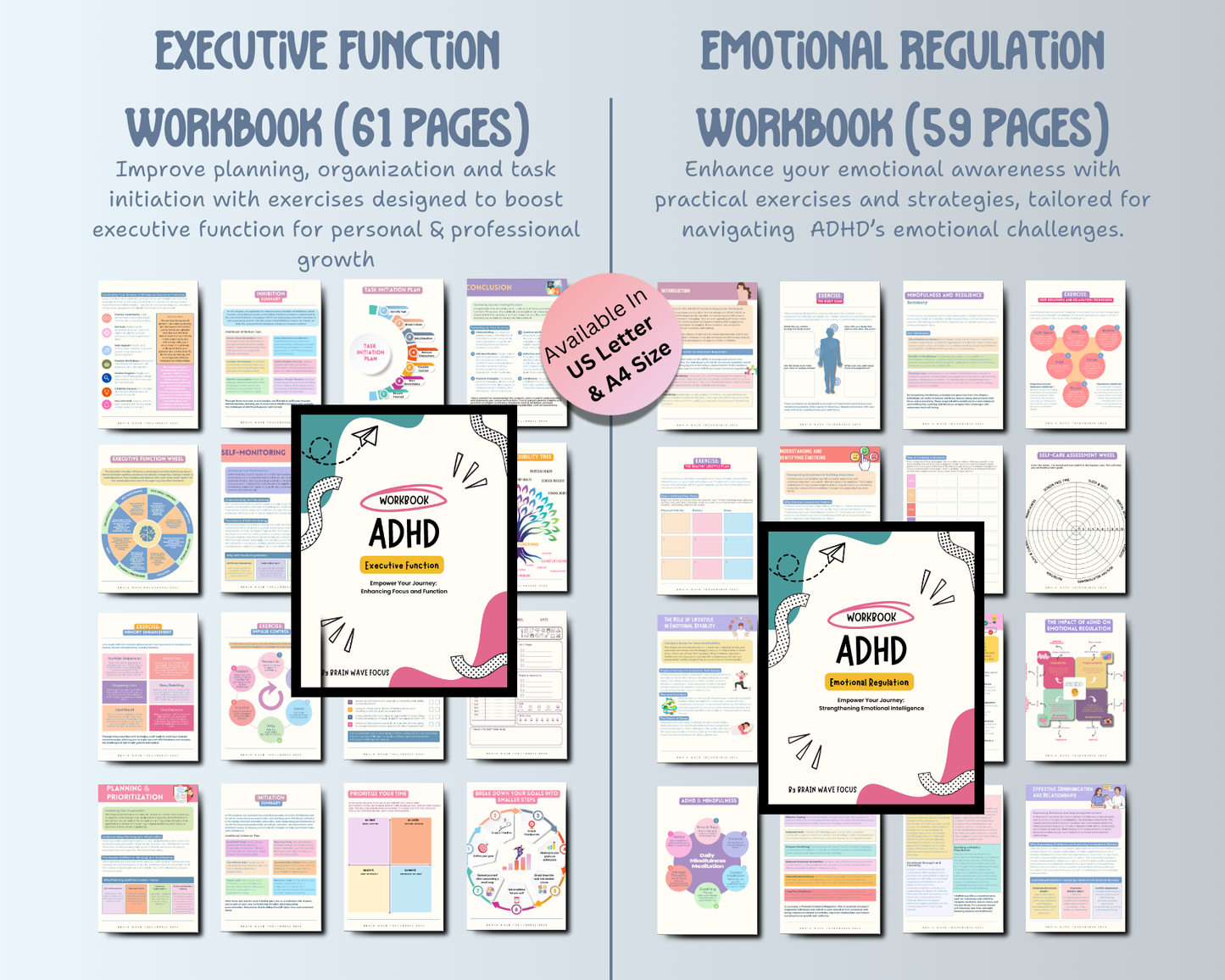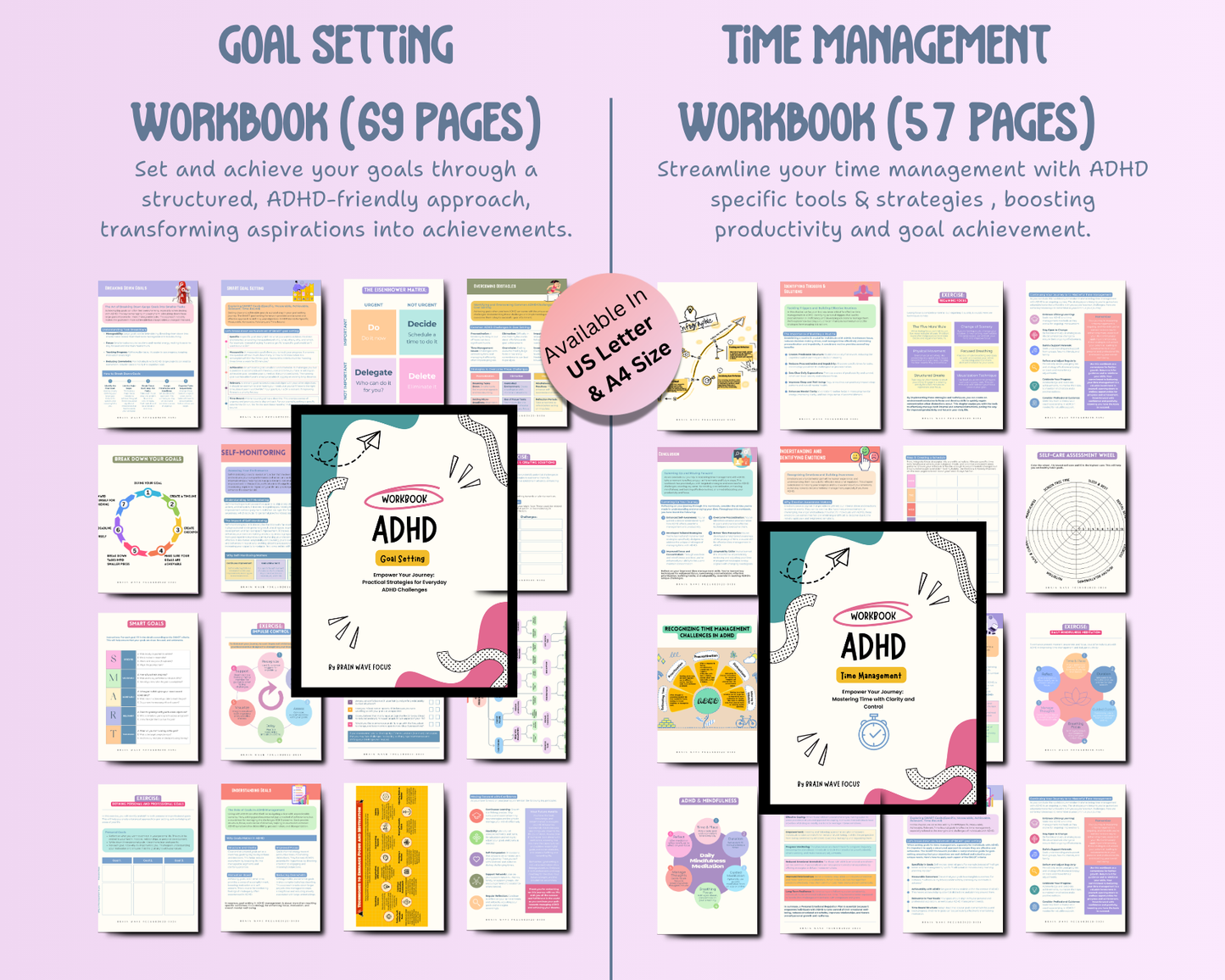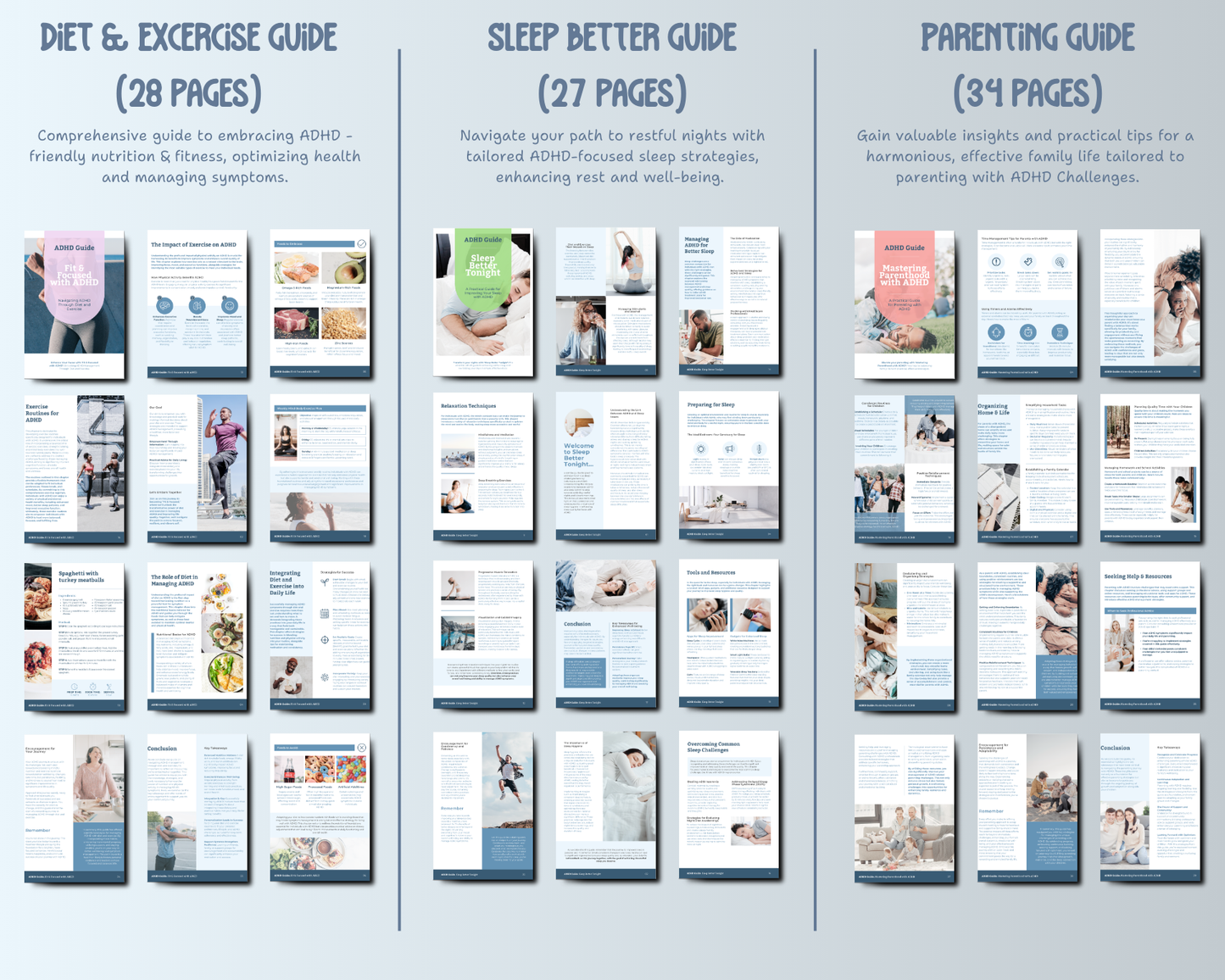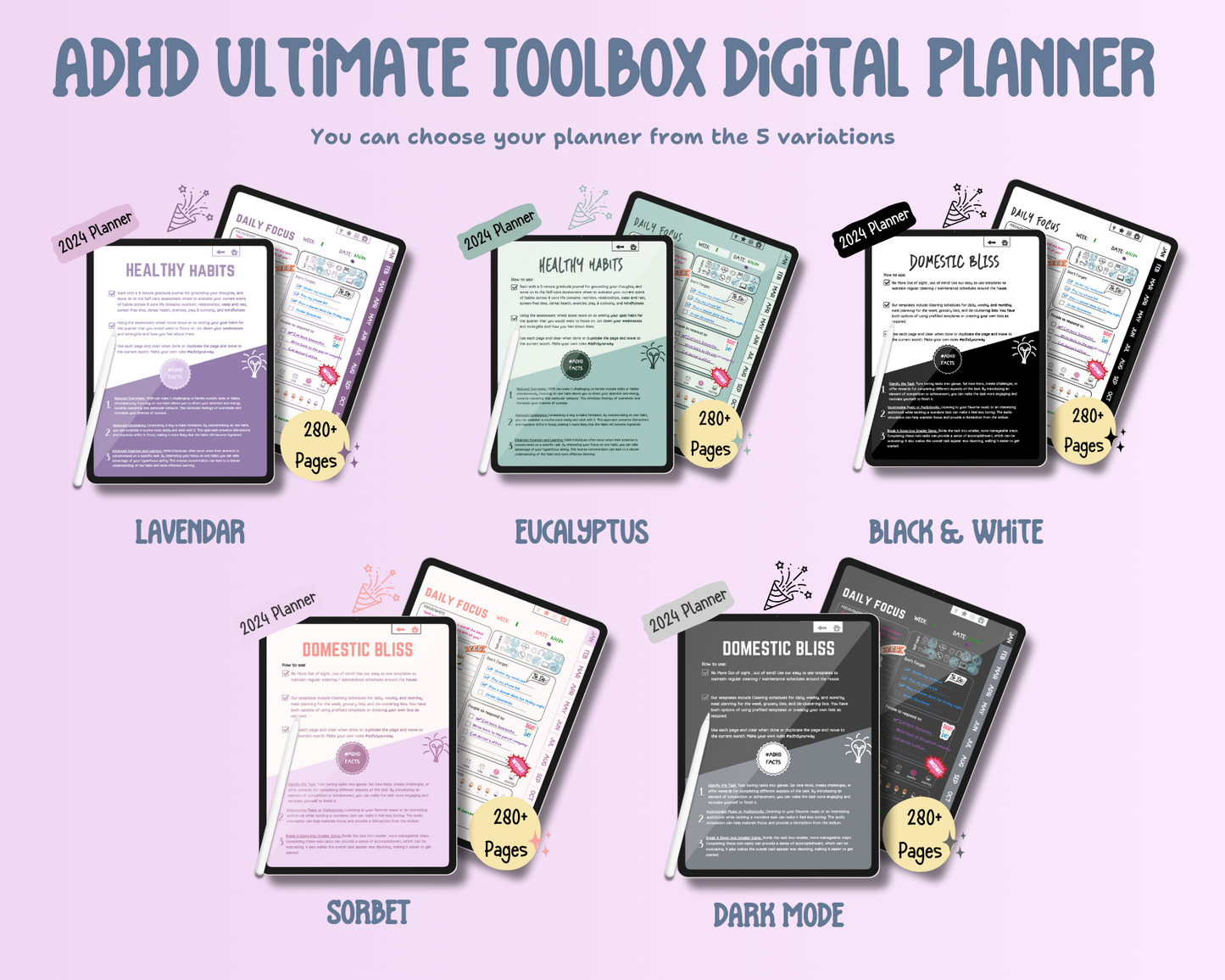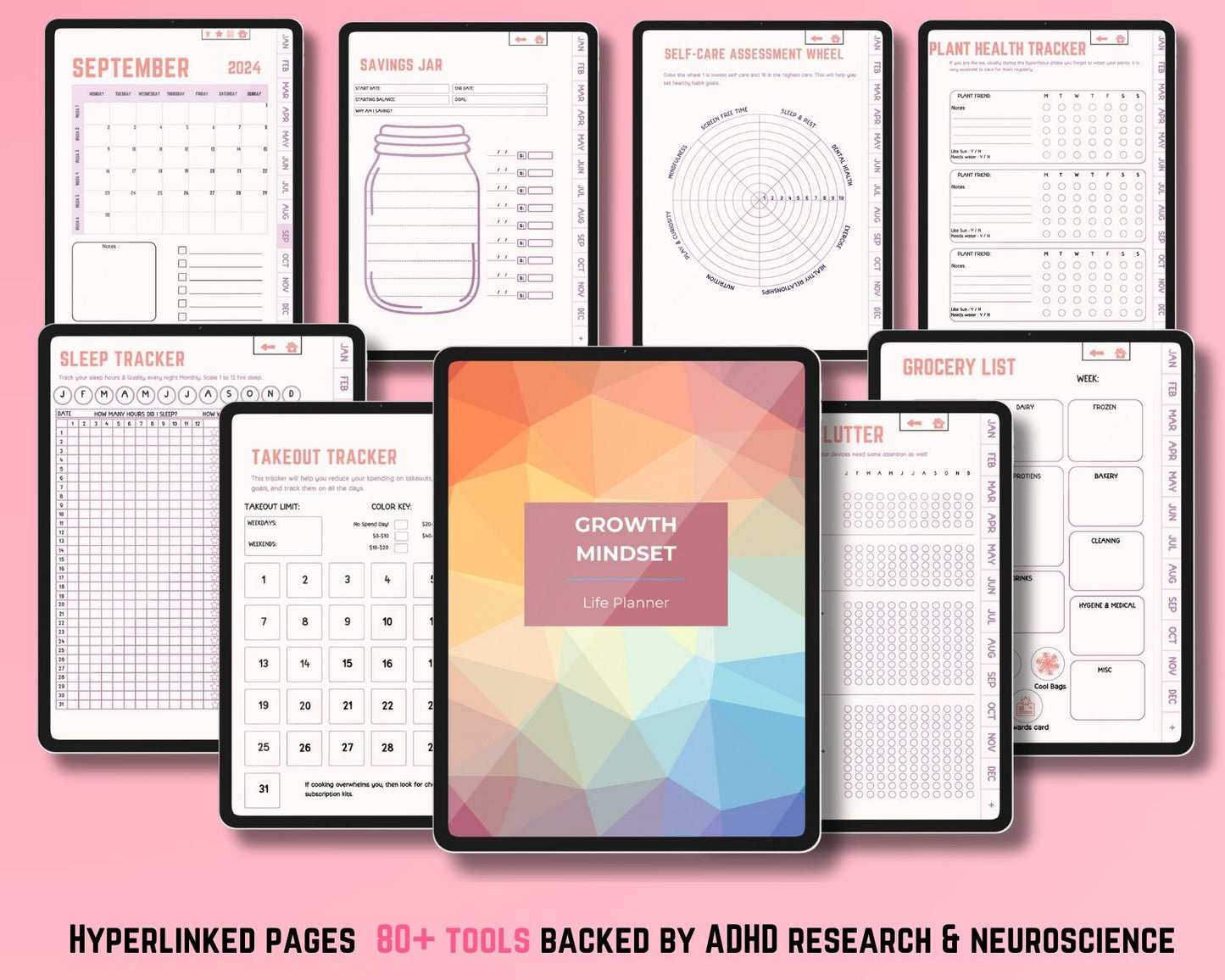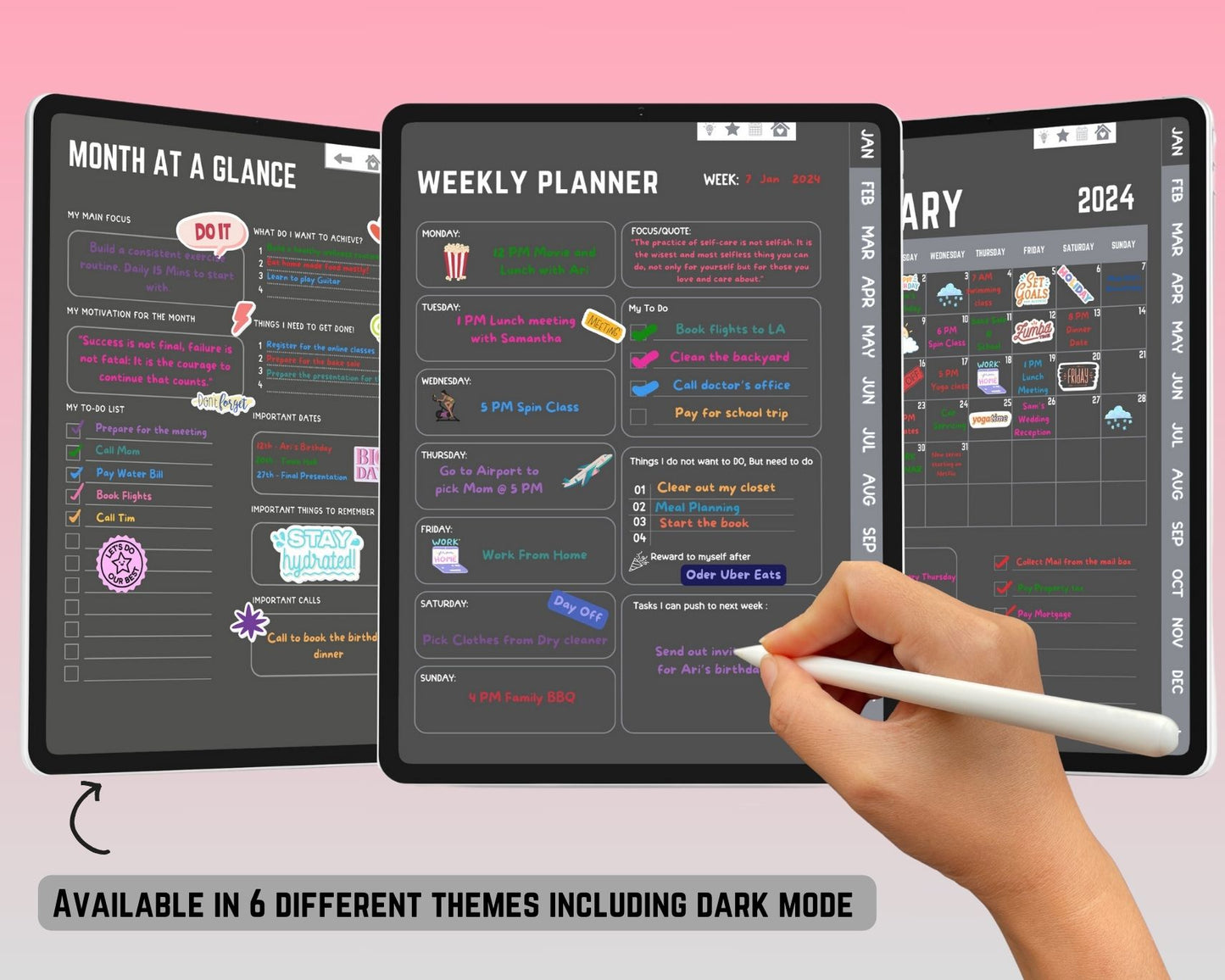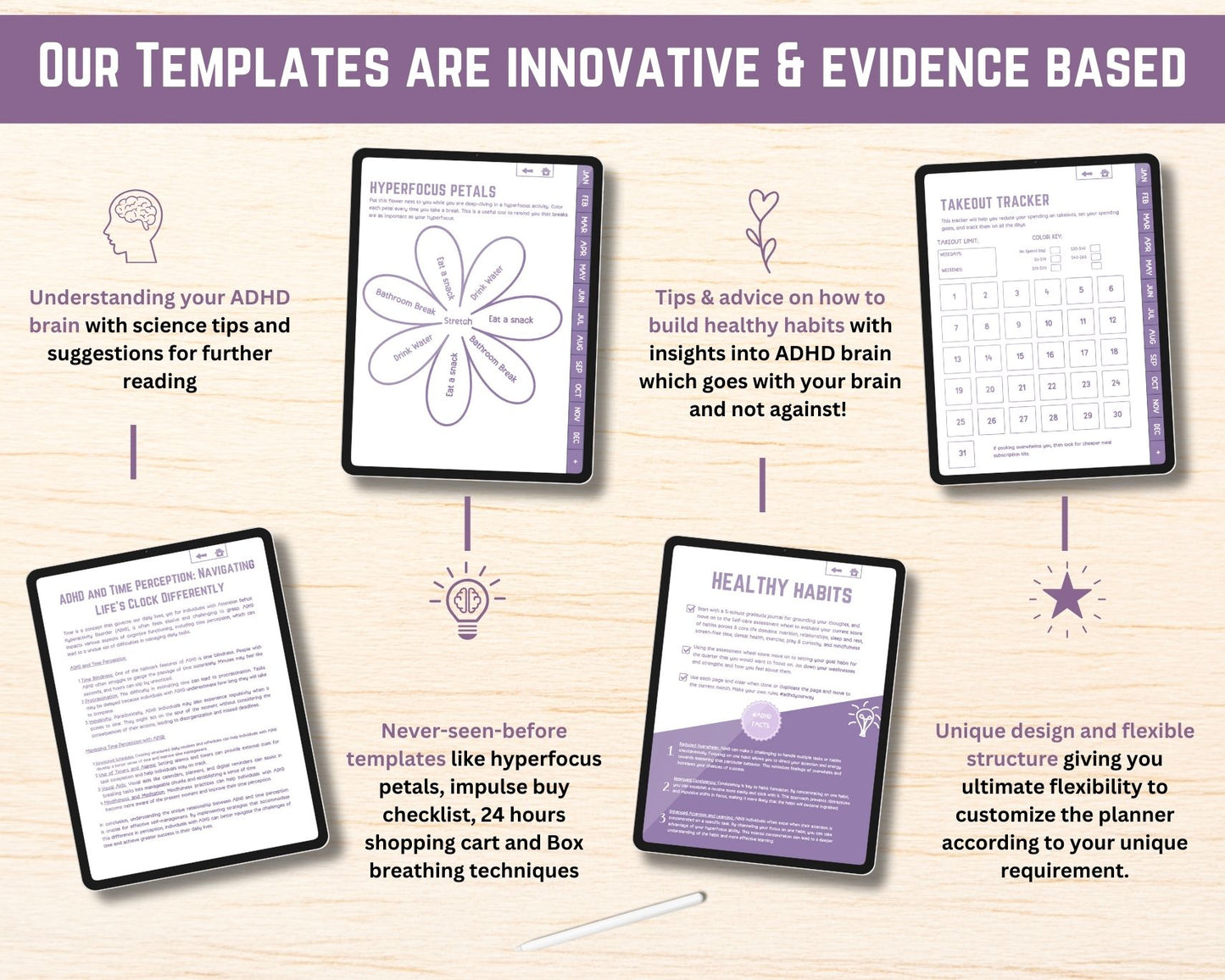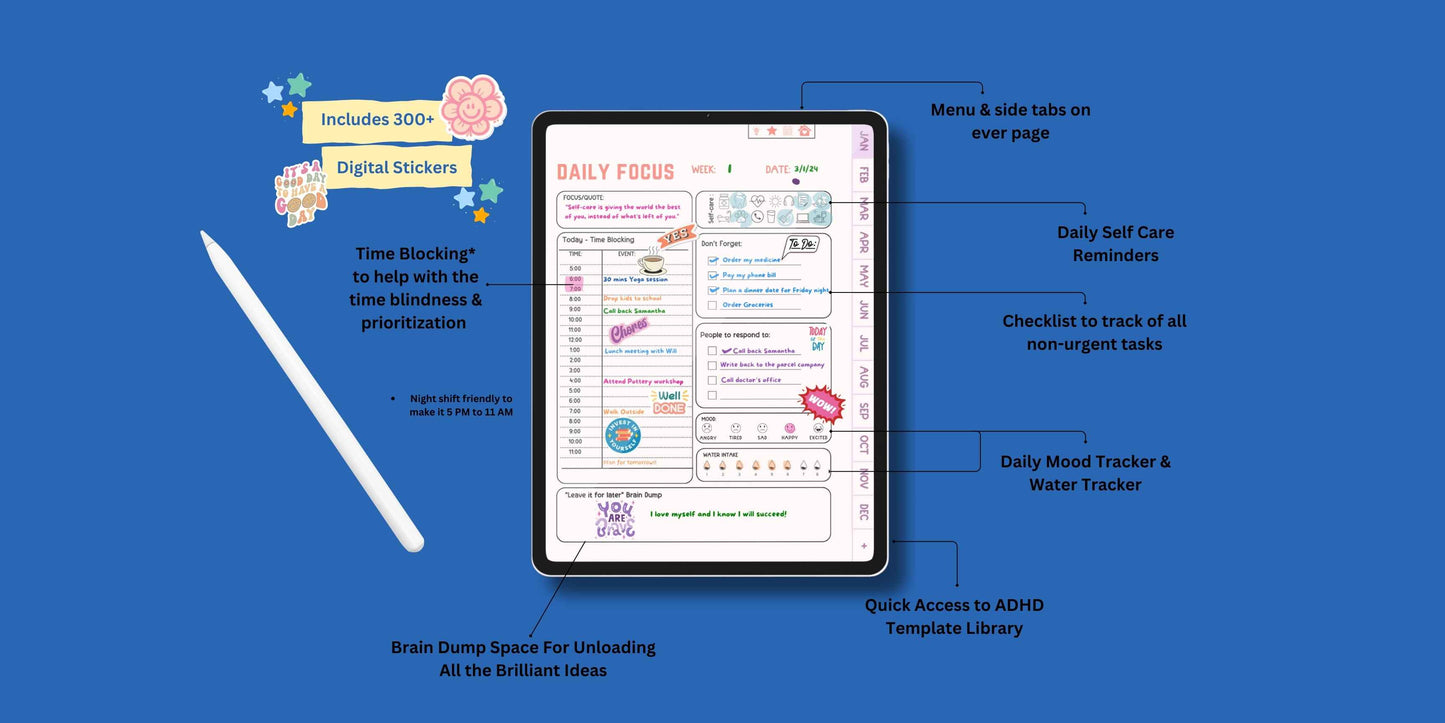Living with Attention Deficit Hyperactivity Disorder (ADHD) comes with its own set of unique challenges. One of the most frustrating and anxiety-inducing experiences for many individuals with ADHD is the constant fear of getting interrupted. In this blog, we'll explore why this fear exists, its impact on daily life, and practical strategies to overcome it.
Understanding the Fear of Interruption
Imagine trying to thread a needle in a room filled with loud conversations, blaring music, and a TV on full volume. This is somewhat similar to the daily experience of someone with ADHD when it comes to staying focused on tasks or conversations. The fear of getting interrupted is born out of the constant struggle to maintain concentration and the vulnerability to distractions.
- The Brain's Default Mode Network (DMN): Individuals with ADHD often have an overactive Default Mode Network, a part of the brain responsible for mind-wandering and self-referential thoughts. This means their minds tend to wander easily, leading to difficulty in maintaining focus on a single task or conversation.
- Hyperactivity and Impulsivity: ADHD individuals may impulsively jump from one activity or topic to another. This tendency can lead to a fear of interruption during important tasks or conversations.
- Social Implications: The fear of getting interrupted can hinder social interactions. People with ADHD may avoid discussions or meetings because they worry about being unable to contribute meaningfully.
The Impact of the Fear of Interruption
The fear of interruption can have far-reaching consequences on various aspects of life:
- Reduced Productivity: At work or in school, individuals with ADHD may find it challenging to complete tasks, leading to decreased productivity.
- Strained Relationships: Constantly getting sidetracked can strain relationships, as friends and family may perceive it as a lack of interest or attentiveness.
- Low Self-Esteem: Frequent interruptions can erode self-esteem, making individuals with ADHD doubt their abilities and contributions.
Strategies to Overcome the Fear of Interruption
While the fear of interruption can be daunting, there are strategies to help manage and overcome it:
- Set Clear Boundaries: Communicate with those around you about your need for uninterrupted time when working or having important discussions. Use signs or signals to indicate when you should not be interrupted.
- Time Management Techniques: Implement time management techniques such as the Pomodoro Technique to create focused work intervals with scheduled breaks.
- Organization: Use tools like to-do lists, calendars, and digital planners to keep track of tasks and appointments. Organize your workspace to minimize distractions.
- Mindfulness and Meditation: Practice mindfulness exercises to improve self-awareness and concentration. Meditation can help calm the mind and reduce anxiety related to interruptions.
- Medication and Therapy: Consult with a healthcare professional about medication options and consider therapy like Cognitive-Behavioral Therapy (CBT) or ADHD coaching to develop coping strategies.
- Support Groups: Join ADHD support groups or forums to connect with others who share similar challenges. They can provide valuable insights and coping strategies.
- Self-Advocacy: Be proactive in advocating for your needs. Don't hesitate to inform colleagues, friends, and family about your ADHD and how they can support you.
Conclusion
Living with ADHD can be a journey filled with unique challenges, and the fear of getting interrupted is one of them. However, with understanding, self-awareness, and the right strategies, individuals with ADHD can regain control over their focus and lead more fulfilling lives. Remember, you are not alone in this journey, and seeking support from professionals and peers can make a significant difference.
